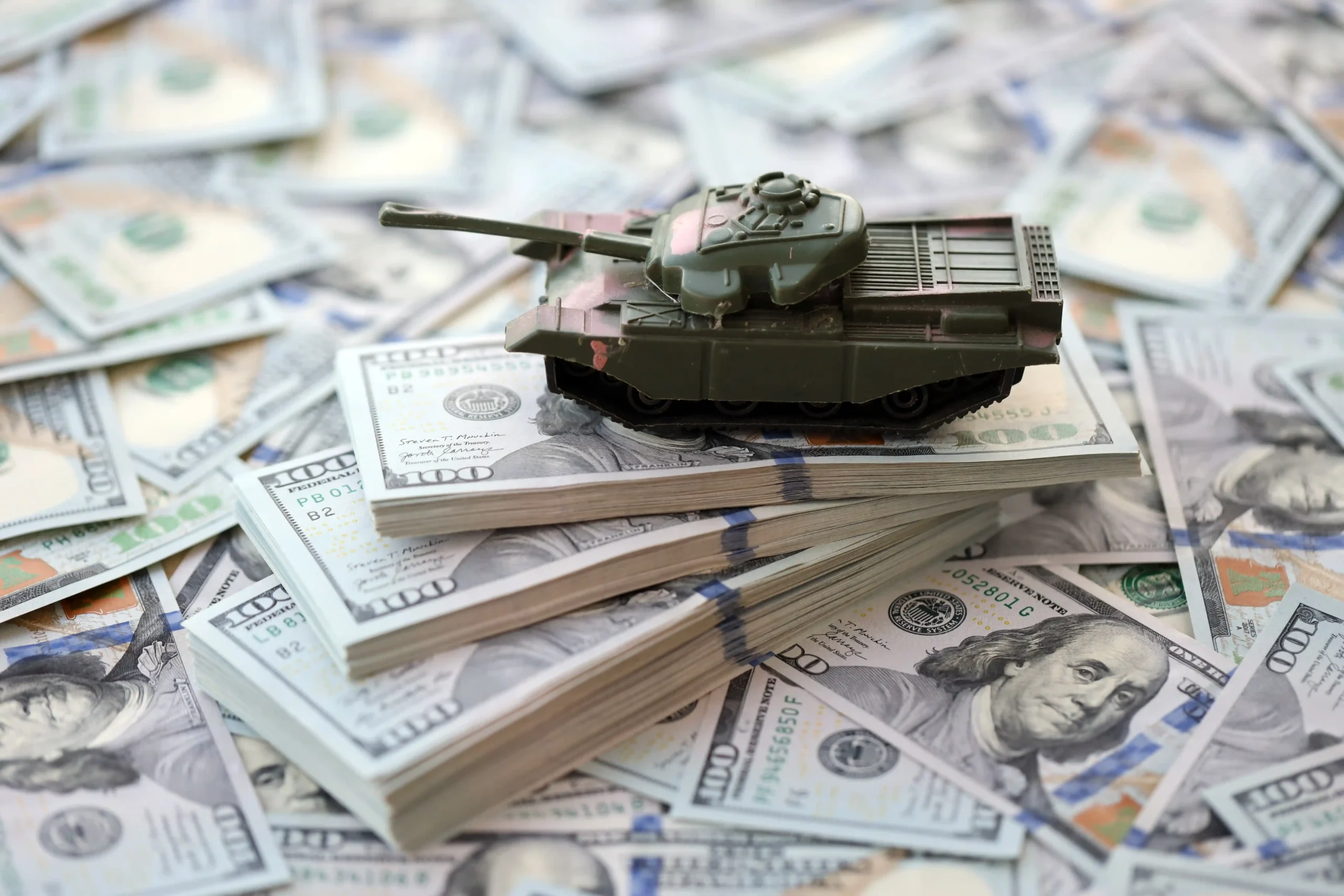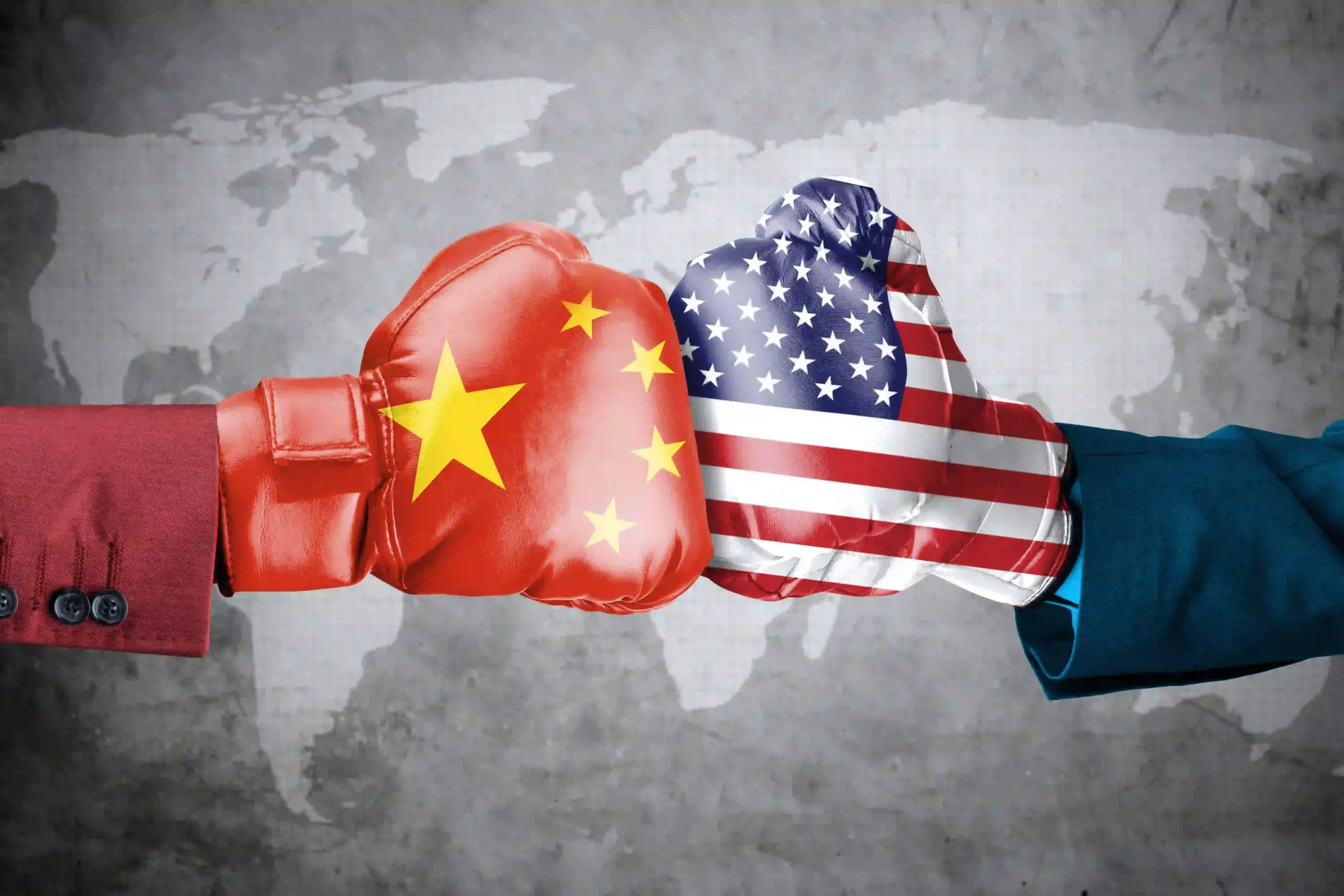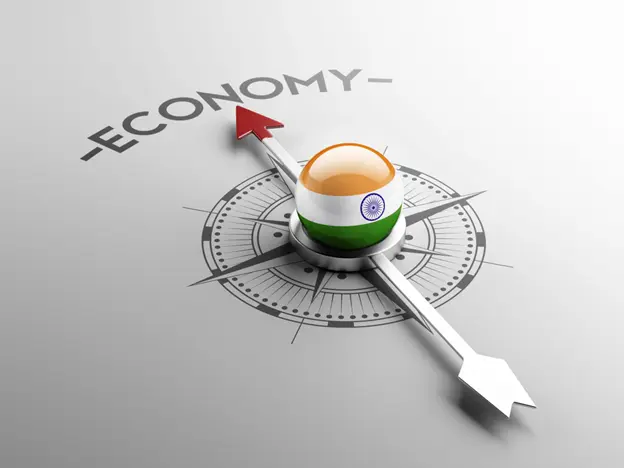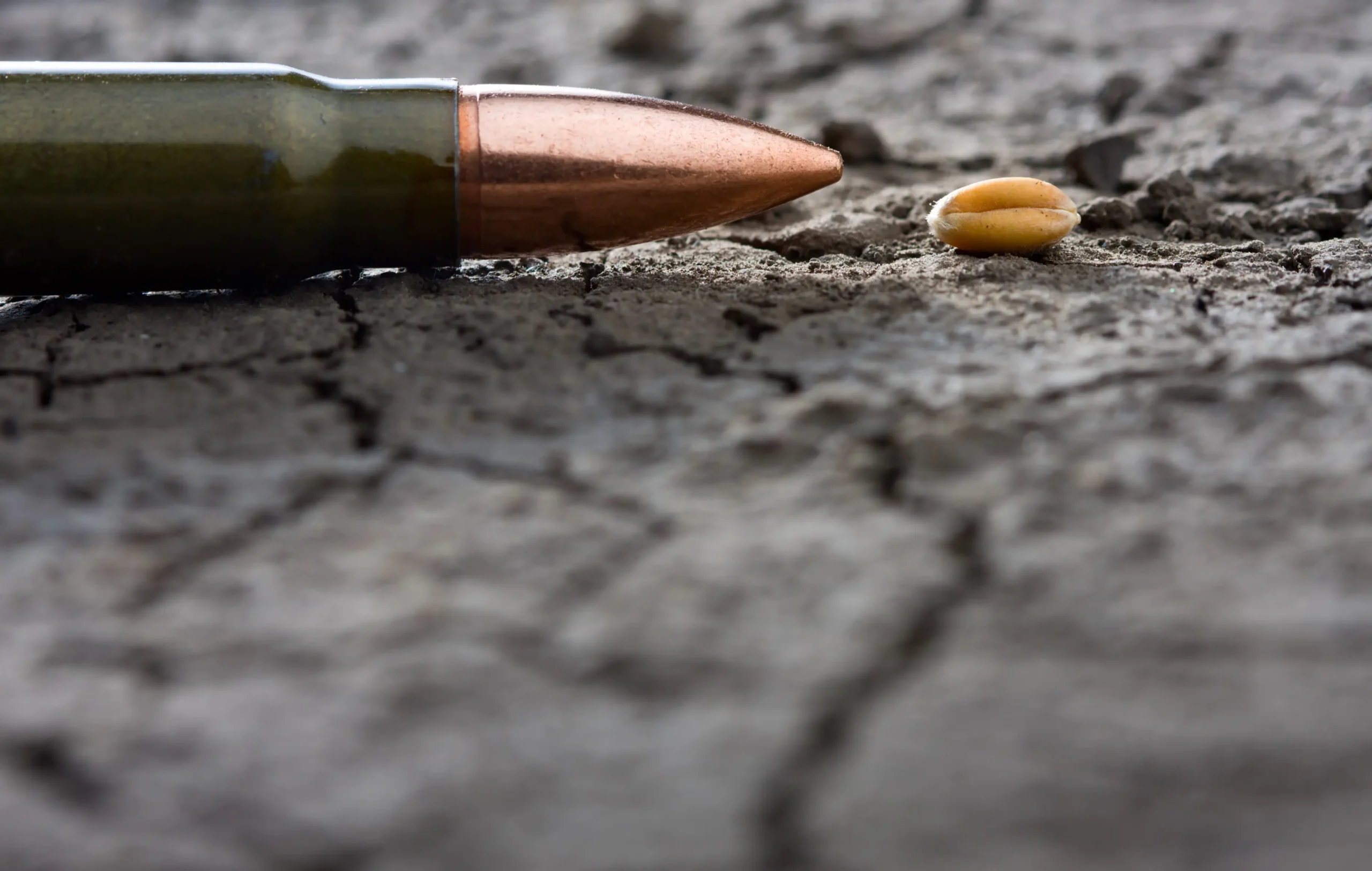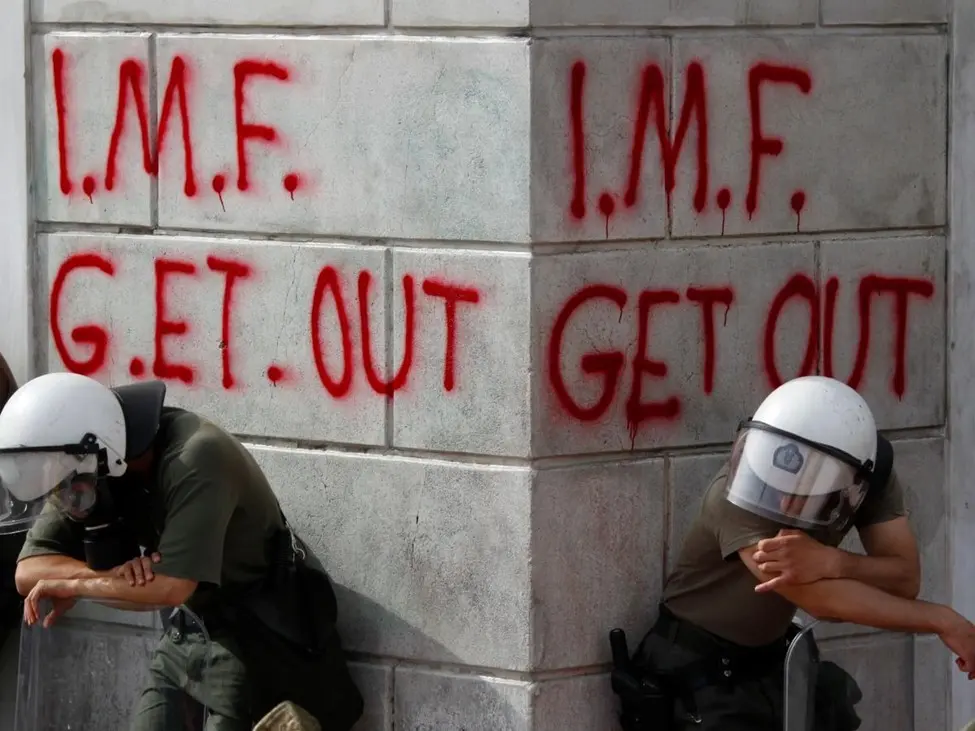22 Jul 2024
The Resurgence of Assassination as A Political Tool
Political assassinations have been a constant occurrence in world politics. Assassination as a political tool is, however, not exclusive to states nor state leaders; anyone who has fired a gun against a political figure claims the title of an assassin. Additionally, involvement in politics in any capacity can leave you vulnerable to such acts of retaliation. While gunmen and fanatics still impose a threat, states themselves are considered to be leading the pack. During the Cold War, the business of assassination was largely monopolized by superpowers. The United States and the Soviet Union directed operations targeting high-profile figures such as Cuba’s Fidel Castro, Chile’s Salvador Allende, and Yugoslavia’s Josip Broz Tito. Some "hits" gained more fame than others such as the assassination of dissident Bolshevik leader Leon Trotsky in Mexico City using an ice pick by Stalin’s secret police.
Russia and the United States, once the dominant global poles, continue to hold on to their old love for eliminating those they deem adversaries. The Kremlin has a long tradition, stretching back a century, of eliminating political dissidents both at home and abroad to send chilling messages to other opponents. In February 2024, a Russian pilot who had defected to Ukraine was assassinated in Spain. He was shot six times and then run over by a car, with Russian-made bullet casings left at the scene—a crude warning to others. Recently, U.S. intelligence uncovered a Russian plot to assassinate the chief executive of a powerful German arms manufacturer producing artillery shells and military vehicles for Ukraine. The United States has also continued its practice of carrying out high-profile assassinations with its most recent target being Qassem Soleimani, who was killed in Baghdad in a strike that showed little regard for international law.
States vary in their levels of expertise in assassination, with Israel often considered the maestro of this practice. Assassination has been a foundational principle of the Israeli state. Since its establishment in 1948, Israel has targeted Nazi leaders, Palestinians, Arabs, and scientists serving its enemies, such as German scientists working on the then Egyptian President Gamal Abdel Nasser’s advanced weapons program. Currently, the pool of targets has expanded, with Iranians becoming significant targets of Israeli operations. One of the latest operations against Iranians involved the assassination of Hassan Sayyad Khodaei. Known only to intelligence personnel as a key figure at the tactical level in the Quds Force, Khodaei's primary focus was on attempting (mostly unsuccessfully) to attack Jewish and Israeli targets abroad.
Nevertheless, the pool of nations engaged in assassination attempts appears to be expanding with new entrants. A notable incident occurred in Canada last June, where Sikh separatist Hardeep Singh Nijjar was shot 34 times. Additionally, in January of the same year, British Sikhs were warned by police about increased risks to their lives. This incident marks India’s grand entrance into the stage of those countries using assassination as a tool for advancing both international and domestic agendas. It highlights how political assassinations have resurfaced as a widespread tactic, no longer monopolized by a handful of states.
21 Jul 2024
The Power of the Word: How the UAE Redefined International Mediation?
The 21st century has witnessed a resurgence of mediation as a pivotal tool for resolving international disputes. This resurgence is driven by the complexities of contemporary conflicts and the expansion of threats beyond traditional regional conflicts, civil wars, and political crises. The scope of security threats now includes issues such as climate change, cybersecurity, and transnational organised crime.
Several countries have played significant roles in mediation, leveraging their diplomatic acumen, political influence, and economic resources to facilitate dialogue and prevent escalation. Norway has consistently demonstrated its commitment to peacebuilding through active participation in resolving conflicts among the most prominent mediators. From Sri Lanka to Colombia and the facilitation of the Oslo Accords, Norway has embodied its ability to promote dialogue between seemingly irreconcilable adversaries.
Known for its multilateral approach and emphasis on consensus building, Finland initiated the Group of Friends of Mediation in September 2010, significantly contributing to peace processes in the Horn of Africa. Similarly, Switzerland, with its long-standing tradition of neutrality, has provided a safe and neutral venue for countless peace talks and negotiations, fostering an environment conducive to compromise and resolution.
Amid the resurgence of mediation in international diplomacy, the last decade has witnessed the emergence of non-Western actors in this field. At the forefront is the United Arab Emirates (UAE), which has become an essential player in the Middle East and beyond. Since its founding, the UAE has combined traditional Arab values with modern diplomatic practices to address the cultural complexities of regional conflicts, adopting a policy of promoting peace, security, and stability both regionally and globally.
The UAE’s commitment to mediation is evident in its numerous initiatives aimed at calming conflicts and crises, including active mediation in the ongoing conflict in Yemen, facilitating dialogue and humanitarian aid, playing a crucial role in reconciliation efforts between India and Pakistan; its pivotal role in the historic 2018 peace agreement between Ethiopia and Eritrea, marking a significant achievement in regional stability; facilitating prisoner exchanges between Russia and Ukraine, showcasing the UAE's diplomatic reach; mediation efforts between Russia and the United States (U.S.), further highlighting the UAE's influence; and hosting the COP28 Climate Conference in Dubai, underscoring the UAE's active participation in global diplomacy.
However, the path to mediation is fraught with challenges. The inherent complexities of many regional conflicts, the conflicting interests of the parties involved, and the need to balance mediation efforts with national interests can hinder the achievement of sustainable solutions. Additionally, maintaining neutrality in polarised situations, limited influence over non-state actors, and potential capacity constraints are challenges that the UAE must overcome to ensure the continued success of its mediation efforts. Hence, the UAE’s role as a rising international mediator, focusing on the factors that enabled its rise, its mediation strategies, and the impact of its efforts on regional and global conflicts will be examined.
30 May 2024
The Modi Effect: Prospects and Challenges of a Third Term
Indian legislative elections were held on April 14, 2024, to choose a new parliament to represent the country for the next five years. These elections are considered the largest and longest in the world, given the vast geographical area of India, as voting will be held in seven phases across different states over a period of approximately six weeks. About 969 million voters will participate in these elections to choose 543 members of the lower house of the Indian Parliament (Lok Sabha). These elections are of great importance and are among the most expensive in the world, with their cost expected to reach be nearly double what was spent in the 2019 elections.
An opinion poll conducted by the Centre for Research and Studies of Developing Countries indicates that the ruling Bharatiya Janata Party (BJP) is likely to win the 2024 Indian parliamentary elections, paving the way for a third term for Prime Minister Narendra Modi. The Lok Sabha elections are being held in a negative atmosphere, with opposition allegations of unequal playing field, as a result of the intervention of federal law enforcement agencies who have attacked several political leaders and froze their bank accounts for six weeks. This means that the elections will have political and economic repercussions if Modi wins a third term, which will in turn impact India’s internal situation.
23 May 2024
China’s Economic Slowdown: Strategic Responses and Global Implications
China, despite being the second-largest economy globally, encounters challenges such as a distressed real estate sector, reduced domestic consumption, and high debt levels. In response to these obstacles, the government is enacting policies aimed at encouraging domestic spending, mitigating the real estate downturn, and cultivating innovation to ensure sustainable development. The way these measures are implemented will not only impact the economic trajectory of China, but also that of the entire world.
22 May 2024
ASEAN’s Lessons: A Blueprint for Peace in the Middle East
This article was originally published on Ahram Online on May 21, 2024.
Southeast Asia's history, marred by prolonged conflicts since the 1950s, offers pertinent lessons for strife-torn regions seeking stability. The spectre of the Cold War transformed countries like Vietnam into battlegrounds for over two decades, pitting communist and capitalist ideologies in a gruelling contest. Laos, too, bore the scars of proxy warfare, enduring a protracted struggle between the communist Pathet Lao forces, backed by a sizable contingent of North Vietnamese troops of Laotian descent, and the royal government, in a conflict that spanned more than two decades.
22 Apr 2024
The War on TikTok: Security Concerns and Anti-Semitism
Social media has played a pivotal role in reshaping the narratives of the Palestinian-Israeli conflict since the outbreak of Oct. 7. The dissemination of news and information now extends far beyond traditional media outlets. Instead, social media platforms have emerged as potent influencers, surpassing the resonance of weapons and delineating a global divide between Israel and Palestine. These platforms have become arenas of contention, with users segregating into supporters and opponents, rendering them susceptible to content-related pressures amid the war. The war on Gaza has once again thrust TikTok into a heated discourse regarding the application's dangers and impact as a global forum for ordinary individuals to voice their opinions while also serving as a battleground for political factions to vie for narrative control. This debate assumes added significance as the audience of traditional news outlets continues to dwindle.
Recently, numerous TikTok videos concerning the war on Gaza garnered widespread attention, accompanied by pro-Palestinian hashtags, prompting Israeli President Isaac Herzog to engage in discussions with TikTok executives in February 2024. Expressing apprehension over the surge in antisemitic content on the platform since the onset of the Israeli war on Gaza, they assured President Herzog of their commitment to address the issue in the future. In a related context, social media companies based in the United States have already demonstrated a readiness to censor pro-Palestinian content. Human Rights Watch, in its December 2023 report, documented over 1,050 instances of content removal and suppression on Instagram and Facebook by Palestinians and their supporters between October and November 2023.
In this context, U.S. legislators, conservative activists, and technology investors have voiced calls to ban TikTok in the U.S., citing escalating concerns. These calls gained significant traction on March 13, 2024, when the U.S. House of Representatives overwhelmingly voted in favour of a bill. The bill places ByteDance, the parent company of TikTok, with two options, both fraught with implications: either sell the application to a U.S.-based company or confront a ban on distribution through significant platforms and application stores. President Joseph Biden voiced his backing for the bill and signalled his readiness to sign it into law pending Senate approval. However, the U.S. initiative this time brings forth broader concerns beyond national security, encompassing the application's ramifications on Israel's reputation. The country's standing has been damaged due to the swift dissemination of content depicting Israel's crimes against civilians in the Gaza Strip.
This analysis aims to elucidate the reasons behind the shift in the U.S. perspective on TikTok, moving from security concerns to the perception of promoting antisemitism. What repercussions would the embargo have on both the United States and Israel?
3 Mar 2024
What if the U.S. Ceased Providing Military Aid to Israel?
A recent statement from the European Union Foreign Policy Commissioner, Josep Borrell, urging Israel's allies, notably Washington, to cease supplying weapons to Israel has ignited widespread controversy. This call comes amid heightened concerns over the significant civilian deaths in the Gaza Strip. Coinciding with this plea, a Dutch appeals court decision has prohibited the export of all spare parts for F-35 fighter jets destined for Israel. These developments unfold against the backdrop of Israel's plans to initiate an expanded military operation in Rafah. Such an operation raises the spectre of a potential humanitarian catastrophe, particularly concerning the over 1.3 million displaced individuals from the Gaza Strip who have sought refuge in Rafah since the commencement of military activities in the enclave.
The United States provides Israel with annual military aid worth $3.8 billion, which stands as one of the most substantial military aid packages supplied by the U.S. to any country globally. This commitment was reaffirmed by U.S. officials, including President Joseph Biden, who, during his tenure as Vice President under Barack Obama, emphasised the enduring strategic alliance between the two countries. Then Vice President Biden said the U.S. commitment to Israel transcends moral obligations and is a deeply rooted strategic obligation. During a visit to Tel Aviv amid the events of Oct. 7, he underscored that “the existence of an independent and secure Israel within globally recognised borders aligns with the practical strategic interests of the United States.” He further emphasised, “I have long said: If Israel didn't exist, we would have to invent it.” Evidence of the depth of relations and continued support is further demonstrated by Congress' approval of an additional $14.1 billion in military aid to Israel. This aid is intended to bolster Israel's capabilities in its conflict with the Hamas movement, specifically by providing air and missile defence support and replenishing U.S. military stock granted to Israel. This level of support echoes the assistance provided by the United States to Israel during the October 1973 War with the Egyptian Army.
The generous and unconditional support provided by the U.S. to Israel prompts numerous inquiries, particularly in the context of the U.S.'s inability to exert pressure on Israel to stop its war on Gaza. Additionally, its loss of control over the right-wing government's decision-making process regarding the potential expansion of the war to include Rafah, portending an imminent conflict with Egypt. Hence, this analysis endeavours to address a pivotal question: Will these developments prompt a shift in the U.S. stance toward Prime Minister Benjamin Netanyahu and his right-wing government, potentially leading to a withdrawal from the notion of an expanded operation in Rafah? Furthermore, can the United States feasibly cease its military aid to this strategic ally in the Middle East?
30 Nov 2023
An Open Letter to COP28
Dear leaders, negotiators, and decision makers,
This year, "Unite-Act-Deliver" is the slogan of COP28, a pivotal event in the international endeavour to combat climate change. The increasing number of climate disasters in 2023, wherein severe weather phenomena have wreaked devastation on a global scale, shows the urgency of the need to act. The United States, Hong Kong, Greece, Libya, Turkey, Bulgaria, Spain, Taiwan, Pakistan and China were all affected by hurricanes, storms, droughts, and flooding. The floods that struck Libya and Pakistan were particularly devastating, resulting in substantial destruction of infrastructure and loss of life, and increasing sea levels and heat surges that have been felt globally have also occurred.
Furthermore, the adverse effects of climate change on food and water security on a global scale have impeded progress towards attaining the Sustainable Development Goals. In particular, food systems are accountable for one-third of worldwide green gas emissions and have slowed agricultural productivity for the past five years which entails the transformation of food systems to achieve net-zero emissions.
31 May 2023
Great Power Competition and Rebalancing Acts in the Middle East
Many analysts argue that Washington is losing its position as the only global hegemon with the rise of other Great Powers in the international arena. The relative demise of the American superpower paves the way for the end of an exceptional era of a Uni-Polar system and the rise of either a Bi-Polar or a Multi-Polar one. Arguments usually revolve around the rise of Russia and China as the main rivals to the United States. However, in this analysis, we argue that the Russian side is better to avoid being considered for such a competition for being involved in a hectic war which requires a sweeping victory for Moscow to compensate for heavy economic losses. China, on the other hand, is gaining momentum on the diplomatic and, to a lesser extent, the security front as new territories for Beijing ever to set foot on. Nevertheless, it is also the case that Washington is still maintaining its supremacy in major arms sales. The Middle East proved to be of paramount importance in the competition among great powers. With Beijing, Washington, and even Moscow trying to gain some influence, countries of the region have been shifting their foreign policies to be more independent to maximise benefits from the newly established world order. Accordingly, they are playing the rebalancing game which stipulates balancing powers mainly between the United States and China.
16 Apr 2023
Will India Become the Next Global Superpower?
The current state of the world economy can be linked in large part to global uncertainties, the escalating crisis in Ukraine, the volatility of commodity prices, tight monetary policy, and other factors. Nevertheless, the World Bank said in its most recent analysis on India's development that the country displayed more resilience to global shocks and better than anticipated quarterly growth figures. In recent years, India's economy has become one of the world’s most dynamic and fastest-growing, and it is now largely regarded as an emerging economic power. India's large and rising workforce, its massive domestic market, and a number of economic reforms and laws meant to encourage it are just a few of the factors that have contributed to the country’s economic success. India is now the fifth-largest economy in the world. India’s emergence requires the assessment of the factors and the signs that India is growing to be a significant global power and its implications.
11 Apr 2023
Between Grain and AK-47s: Russian Influence in Africa
The Russian presence in Africa has recently increased after a decline of nearly three decades since the dissolution of the Soviet Union in the nineties of the last century. Russian-African relations are part of Russia's new strategy to enhance its international influence. This strategy conforms to Russia's situation in international affairs, including its support for countries that contradict Western policies. Moscow has focused its influence on the West African region, taking advantage of Western policy mistakes, the mounting anti-European sentiment, and the long-standing failure of international and domestic actors to address the root causes of the regional instability. The first Russian-African summit in Sochi in October 2019 concluded contracts with more than 30 African countries for the supply of weapons and military equipment. It thus opened the door for state-backed companies to invest heavily in the security and technology sectors and industries that extract natural resources such as oil, gas, gold and other minerals.
On the other hand, the Russian-Ukrainian conflict did not impede this rapprochement but rather contributed to developing the partnership between the two parties to take the form of a strategic alliance. This was apparent in the speeches and statements of President Vladimir Putin, the most prominent of which was the speech he delivered at the International Parliament Conference "Russia - Africa in a Multipolar World", which was held in Moscow in March of this year on the sidelines of Saint Petersburg preparations for the second coming Russian – African summit to be held in July 2023. Putin reiterated that cooperation between Moscow and African countries was and will always be one of the top fixed priorities of Russia's foreign policy, declaring Russia's fulfilment of all its obligations, including supply of food, fertilisers, fuel and other essential products to the countries of the continent, which helps ensure food and energy security.
In light of the ongoing Russian-Ukrainian conflict, this analysis aims to shed more light on the motivations and characteristics of the Russian strategy in Africa. It also seeks to highlight the challenges to Russian influence expansion as well as the prospects for Russian-African relations in the future.
10 Apr 2023
IMF Policies in Countries in Crises: Helping of Harming?
The world is probably facing one of the worst debt crises in decades. The disruption of global supply chains caused by Covid-19, which resulted in shortages of many items and higher prices, caused more pressure on the international balance of payments and led to this high-level debt crisis. The Russia Ukraine conflict added to these inflationary pressures, and the United States (US) Federal Reserve's move to raise interest rates to combat US inflation has driven the dollar's value to its highest level in twenty years. As a result, countries that borrowed money in dollars now have more expensive debt since their currencies are worth less, which drives up the price of their imports even more. Consequently, developing countries turned to the International Monetary Fund (IMF) for financial support as a result of all these factors in order to deal with their debt crises and economic instability. The IMF in its turn grants loans to countries subject to the adoption of a number of harsh and rigorous economic reforms. Because of its austerity policies and conditionality, the IMF has come criticized and the question of whether the countries in crises actually benefit or suffer harm from the IMF has been raised. To evaluate the success of IMF policies, examples of countries that have benefited from IMF policies need to be examined to answer this question.






